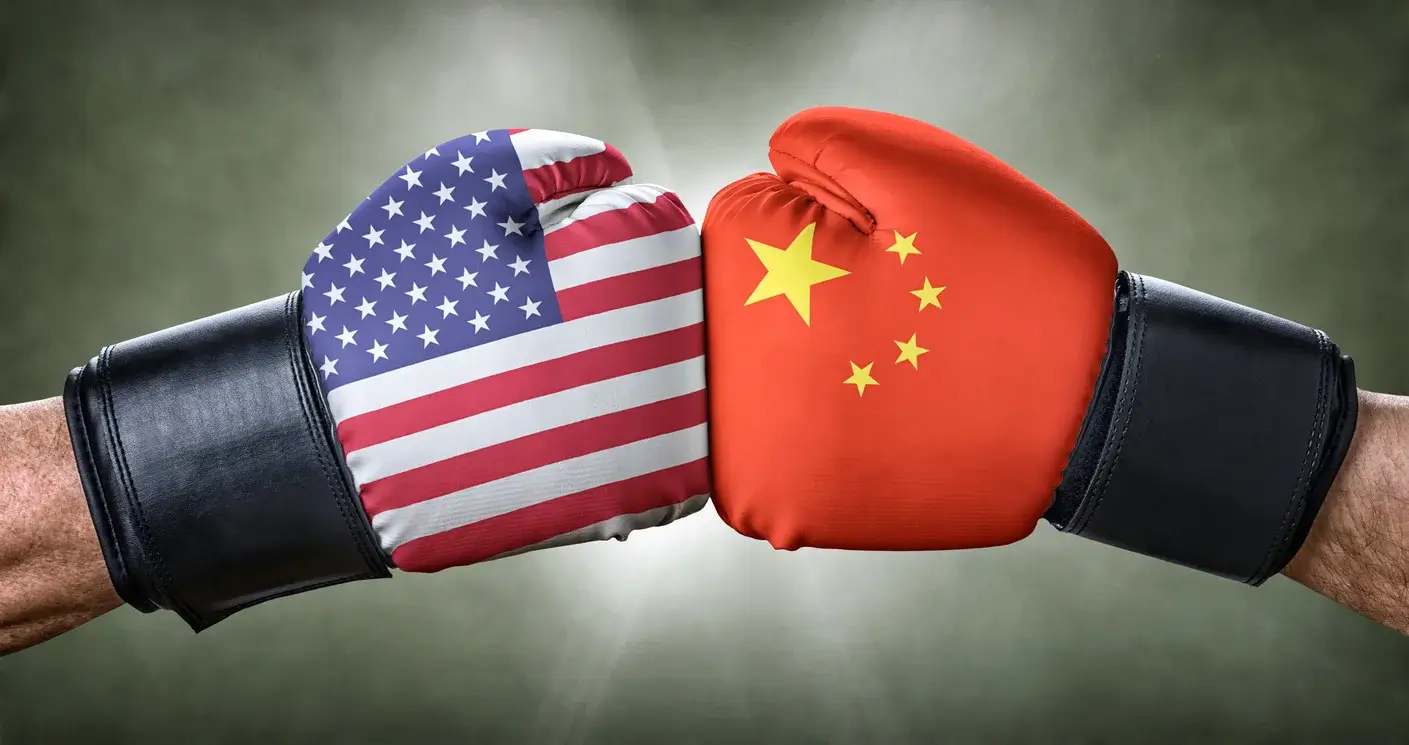China Dumps U.S. Treasuries as Global Holdings Hit Record High
19.05.2025 14:00 2 min. read Alexander Stefanov
As global demand for U.S. debt surges, China is heading in the opposite direction.
New data from the U.S. Treasury reveals that Beijing offloaded nearly $19 billion in U.S. government bonds between February and March, signaling a continued retreat from American assets.
While many foreign governments added to their Treasury portfolios, China trimmed its holdings to a multi-year low — part of a trend that analysts say has been unfolding since 2018. Meanwhile, the United Kingdom has overtaken China to become the second-largest foreign holder of U.S. Treasuries for the first time, trailing only Japan, which still tops the list with $1.13 trillion in holdings.
Notably, the Cayman Islands — despite a population of just 73,000 — now ranks fourth, with a massive $455 billion in U.S. debt, highlighting the role of offshore financial hubs in global capital flows.
In total, foreign ownership of Treasuries reached a new high of $9.05 trillion in March. But macro strategist Luke Gromen warns that rising debt demand from abroad doesn’t solve deeper problems. He argues that countries loading up on Treasuries are unlikely to increase imports of U.S.-made goods at the same time, worsening America’s trade imbalance — a key issue former President Trump has vowed to address in a potential second term.
“How can these nations afford to buy both U.S. bonds and American exports?” Gromen asked, suggesting that Washington may soon face a tough choice between debt financing and trade rebalancing.
The decline in Chinese holdings adds another layer of complexity to ongoing geopolitical tensions and could signal a longer-term strategic shift in how global powers manage their reserves.
-
1
U.S. PCE Inflation Rises for First Time Since February, Fed Rate Cut Likely Delayed
27.06.2025 18:00 1 min. read -
2
Key U.S. Economic Events to Watch Next Week
06.07.2025 19:00 2 min. read -
3
Gold Beats U.S. Stock Market Over 25 Years, Even With Dividends Included
13.07.2025 15:00 1 min. read -
4
U.S. Announces Sweeping New Tariffs on 30+ Countries
12.07.2025 16:30 2 min. read -
5
US Inflation Heats Up in June, Fueling Uncertainty Around Fed Cuts
15.07.2025 16:15 2 min. read
US Inflation Heats Up in June, Fueling Uncertainty Around Fed Cuts
U.S. inflation accelerated in June, dealing a potential setback to expectations of imminent Federal Reserve rate cuts.
Gold Beats U.S. Stock Market Over 25 Years, Even With Dividends Included
In a surprising long-term performance shift, gold has officially outpaced the U.S. stock market over the past 25 years—dividends included.
U.S. Announces Sweeping New Tariffs on 30+ Countries
The United States has rolled out a broad set of new import tariffs this week, targeting over 30 countries and economic blocs in a sharp escalation of its trade protection measures, according to list from WatcherGuru.
Key U.S. Economic Events to Watch Next Week
After a week of record-setting gains in U.S. markets, investors are shifting focus to a quieter yet crucial stretch of macroeconomic developments.
-
1
U.S. PCE Inflation Rises for First Time Since February, Fed Rate Cut Likely Delayed
27.06.2025 18:00 1 min. read -
2
Key U.S. Economic Events to Watch Next Week
06.07.2025 19:00 2 min. read -
3
Gold Beats U.S. Stock Market Over 25 Years, Even With Dividends Included
13.07.2025 15:00 1 min. read -
4
U.S. Announces Sweeping New Tariffs on 30+ Countries
12.07.2025 16:30 2 min. read -
5
US Inflation Heats Up in June, Fueling Uncertainty Around Fed Cuts
15.07.2025 16:15 2 min. read


